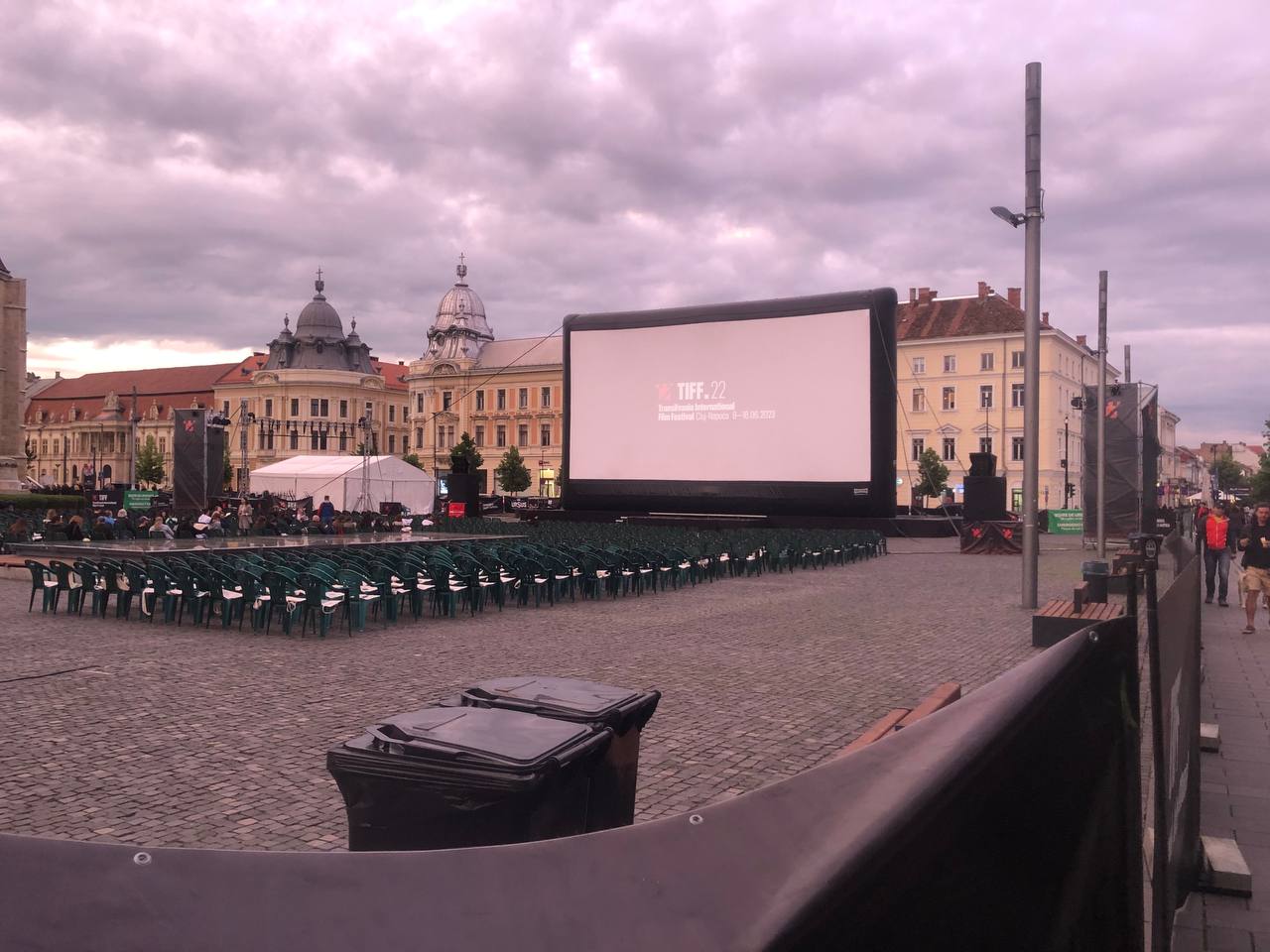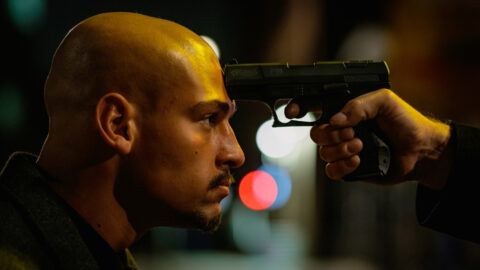I didn’t expect my trip to go so smoothly. On the same day as my planned trip to Cluj-Napoca, NATO started their massive Air Defender exercise across German skies. 250 aircraft from the Luftwaffe, USA and elsewhere, up to 10,000 soldiers and six air bases have been commandeered for a two-week exercise as a show of Western force against the existential threat of Russia — civilian trips to Mallorca and Antalya be dammed. Yet, despite some warnings of delays and cancellations nationwide, my Wizz Air flight left perfectly on time, its flight path unhindered by fighter jets and stealth bombers.
To calm my nerves before what I thought would be hours of waiting for the overzealous military to give the all-clear, I stopped in Standige Vertretung, an outpost of Rhenish culture in Berlin — Kölsch beer served in small glasses, heaps of Himmel un Ääd (literally meaning “heaven and earth”, it’s a tasty mixture of black pudding, fried onions and mashed potatoes with apple sauce) and a TV feed explaining its prominence in Berlin’s rich tapestry. Politicians, ideas, culture, etc, etc. They didn’t explain the pictures of Mother Theresa or Greta Thunberg on the wall though. I might be wrong, but they don’t sound like Kölsch drinkers.
I opted for two portions of mett (raw beef seasoned with salt and pepper) with some raw onions and bread, washed down with a couple of small beers, and wondered why I started my trip to Romania thinking about Nord-Rhein-Westphalia.

Standige Vertretung (StäV, for short) means permanent representation, referring to the fact that West and East Germany didn’t have respective embassies in each other’s countries (long story perhaps unsuitable to what is otherwise a film website) but quasi de facto establishments that did more or less the same thing.
Thus, after the GDR failed, Bonn landlords Friedhelm “Friedel” Drautzburg and Harald Grunert created a gastronomical version of permanent representation in Berlin, lying alongside the banks of the spree alongside the beautiful, bustling Schiffbauerdamm. Now there are others in Bremen and Hannover. This airport edition is merely a facsimile, a highly profitable advertisement for the real thing, but it certainly beats generic Irish Pubs, sleek, soulless cocktail bars or Jamie’s Italian.
Grunert was also a strong opponent to the new Germany’s plans to move the capital from Bonn to Berlin, despite finally moving to Berlin himself, making his restaurant’s move rhyme with the changes of the nation. But Bonn, far from down and out in German history, actually still plays host to a crucial part of the country’s rich, multicultural, multilingual present.

Enter Xatar
Fatih Akin traces the story of the nation’s most notorious gangster rapper turned record label owner in the broad, rather entertaining, quite funny, overlong, pretty sentimental, mostly solid biopic Rheingold (2022). The son of Kurdish refugees fleeing Iran via Iraq and Paris, the streets of Bonn were as crucial to his development as Dr. Dre’s Compton or Nas’ Queensbridge. A melting pot of Persians, Kurds, Albanians, Moroccans and more — often grouped by white Germans under the pejorative/self-denomination kanake — it’s the perfect place for a young man, played with charm and brio by Emilio Sakraya, to have a classic rap origin story.
Borrowing liberally from both Italian and African-American gangster stories — voiceover freeze-frames from Scorsese; social observation and street style from Singleton — and giving it a particularly German flavour, Akin adapts Xatar’s own autobiography rather handsomely, skirting around the more salacious aspects of his life while failing to square the circle between black comedy and a strong emotional core.
Lacking the piercing social critique or formal flair of his misunderstood masterpiece The Golden Glove (2019), Rheingold, sharing a writer in Xatar himself, feels compromised by the rapper’s own hand. Once a menace to German society, whose debut album cannot be sold to people under 18 as it may “promote violence”, Xatar seems unwilling to delve that deep into his past. In many ways, he’s just like the Americans. Once feared members of gangs and inciters of racial panic, Ice Cube makes family films and Snoop Dogg does Just Eat ads. After this, I expect to see him in the next Elyas M’Barek film.
I caught the film on the gorgeous, open-air Piata Unirii screen, accompanied by a willing audience, the perpetual waft of cigarette smoke, the nearby whirr of police vans and seagulls clustering around the St. Michael’s Church spire. I have to say: mid cinema certainly feels good in a place like this.
Redmond is the editor-in-chief of Journey Into Cinema.




